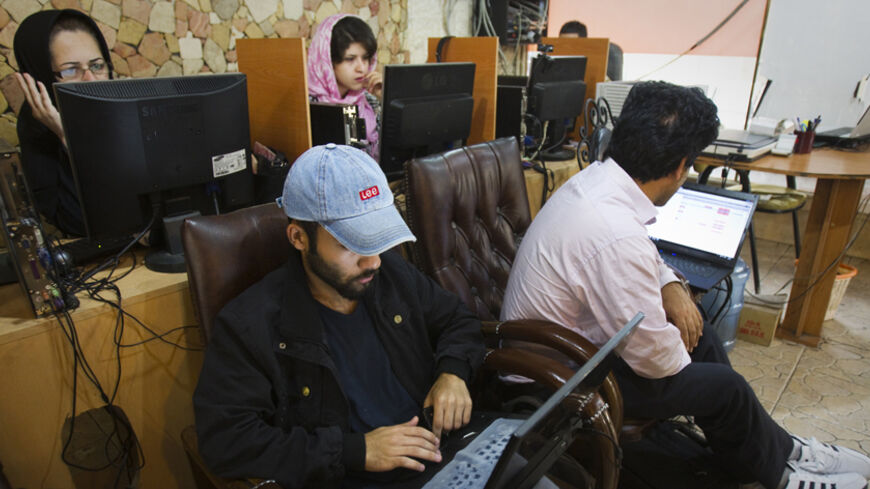The issue of high-speed Internet has once again become a hot topic in the Iranian media with two prominent clerics addressing the issue and taking opposing sides. According to Ensaf News, Ayatollah Mohammad Reza Nekoonam, a prominent cleric in Qom, defended high-speed Internet during a question-and-answer session with university students in Tehran.
“We have put so much pressure on the Internet that our Internet is at the [speed] of a wagon,” Nekoonam said. “I say that instead of becoming like snails, let’s get on this world train. I have told my seminary students that it is necessary for you to sell the carpets underneath your feet and go buy a laptop or tablet. I said if you are not able to speak to a billion people, you are not worth anything. A Muslim is someone who is civilized, not someone who is an idiot.”



